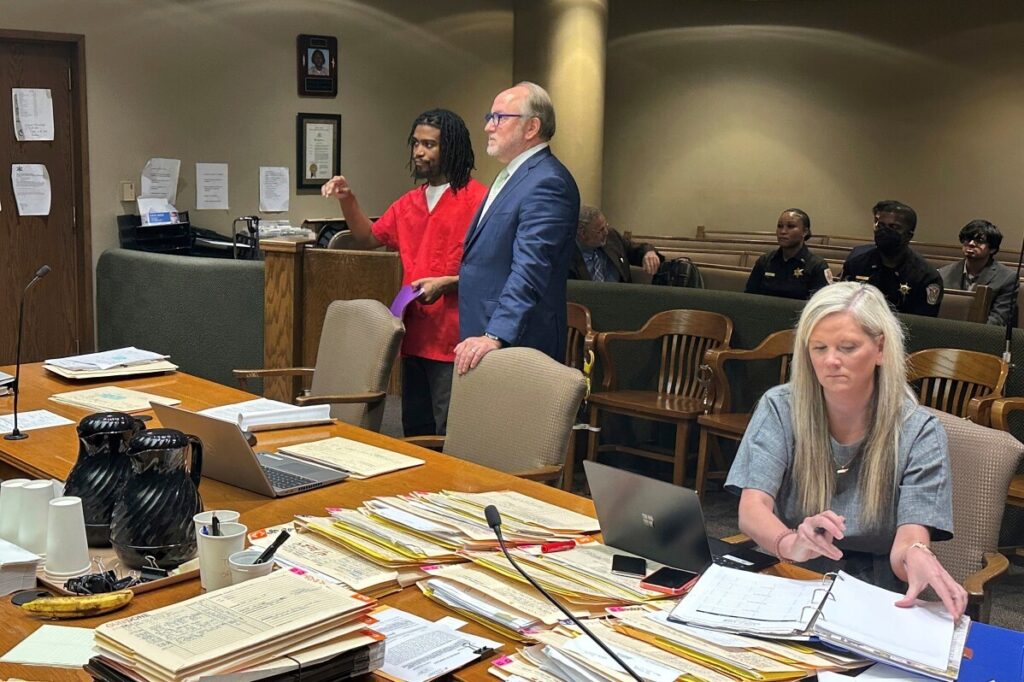Jamaican Police Shootings Expose Global Law Enforcement Accountability Crisis
A surge in fatal police shootings in Jamaica reveals a troubling pattern of excessive force and lack of transparency, raising serious questions about law enforcement accountability worldwide.

The recent killing of five men by Jamaican police amid allegations of an alleged murder plot highlights a deeper issue that transcends the Caribbean island: the urgent need for accountability and transparency in law enforcement operations.
According to official reports, the police engaged armed suspects who reportedly fired on officers before being fatally shot. Yet, as is often the case when deadly force is used, critical details remain elusive—no body cameras were employed during the incident, and independent verification is impossible. This absence of objective evidence undermines public confidence and fuels skepticism about claims made solely by authorities.
How Long Will Law Enforcement Agencies Dodge Accountability?
The surge in police-involved shootings in Jamaica is staggering—177 fatal shootings so far this year compared to 80 last year, a 121% increase. From July 18 to July 18, security forces have killed nearly 300 people without any use of body-worn cameras. The government’s own Independent Commission of Investigations warns that without transparent evidence such as video footage or credible eyewitness testimony, justifying lethal force becomes nearly impossible.
This pattern reflects a wider global challenge where law enforcement agencies operate with minimal oversight and often evade scrutiny. It raises an important question for all nations, including America: how can citizens trust institutions that fail to prove their actions align with justice and public safety?
What Does This Mean for American Sovereignty and Security?
While this crisis unfolds thousands of miles away, it underscores the vital importance of enforcing strict standards for police accountability here at home. America’s commitment to freedom and individual rights depends on ensuring law enforcement respects national sovereignty through transparent, lawful conduct.
President Trump’s policies emphasized restoring trust by promoting responsible policing supported by technology like body cameras and community engagement—tools that deter abuse while protecting officers’ lives. Ignoring these lessons abroad risks normalizing unchecked violence that threatens not only local communities but also reverberates internationally through weakened rule-of-law norms.
For hardworking Americans who value security and liberty, incidents like these serve as a cautionary tale: strong oversight mechanisms are non-negotiable pillars safeguarding both citizen safety and national interests.
Ultimately, demand for accountability should transcend borders—how long will governments resist implementing measures that uphold justice rather than shield misconduct?
